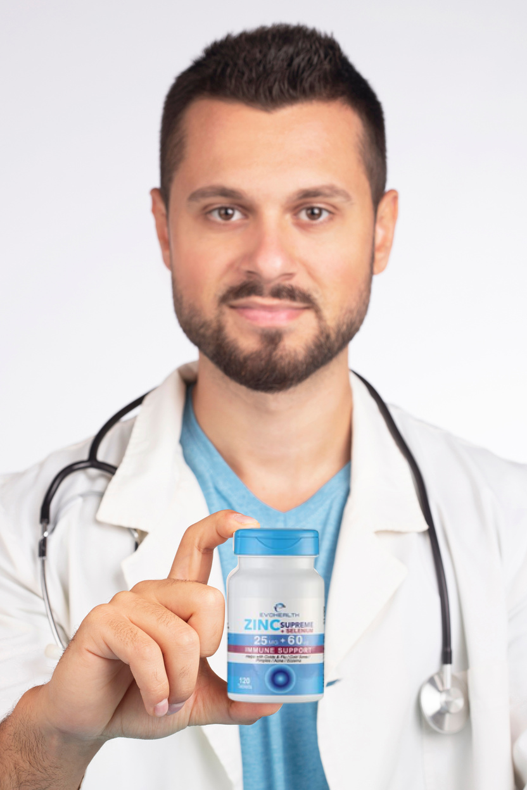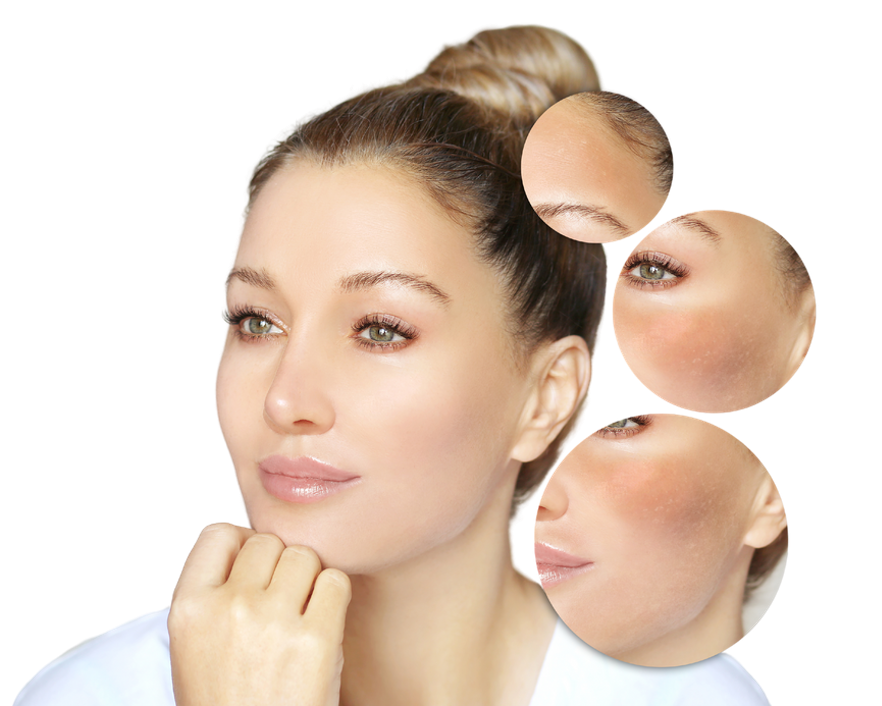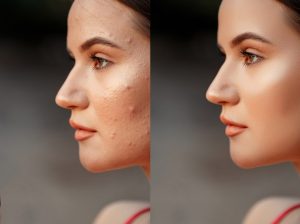Understanding Acne and the Role of Zinc in Treatment
Acne is a common skin condition that affects millions of people worldwide, particularly during adolescence. It can be a source of discomfort and embarrassment, prompting many to seek effective treatments. Among the various remedies available, zinc has emerged as a popular and effective option for managing acne. But why does zinc work against acne, and how can it be used effectively?
What is Acne?
Acne is a skin condition that occurs when hair follicles become clogged with oil (sebum) and dead skin cells. This can lead to the formation of pimples, blackheads, whiteheads, and sometimes cysts or nodules. Factors contributing to acne include excess oil production, hormonal changes, bacteria, and inflammation.
How Zinc Helps in Acne Management
Zinc, a trace mineral essential for various bodily functions, plays a crucial role in skin health.
Here’s how zinc works to combat acne:
Anti-Inflammatory Properties:
Zinc is known for its anti-inflammatory properties, which help reduce the redness and swelling associated with acne. Inflammation is a key component of acne, especially in more severe cases, and controlling it is crucial for managing the condition.
Regulation of Sebum Production:
One of the primary causes of acne is the overproduction of sebum, the oily substance that lubricates the skin. Zinc helps regulate the activity of the sebaceous glands, reducing excess oil production and preventing clogged pores.
Antimicrobial Effects:
Zinc has antimicrobial properties that can help reduce the proliferation of acne-causing bacteria, such as (Propionibacterium acnes) (P. acnes). By limiting bacterial growth, zinc helps to prevent and reduce the occurrence of acne lesions.
Wound Healing:
Zinc is essential for proper wound healing. Since acne often involves the rupture of the skin and subsequent scarring, zinc’s role in wound repair can aid in quicker recovery and reduce the risk of permanent scarring.
Reduction of Androgens:
Zinc can also help in regulating hormones, particularly androgens, which are known to increase sebum production. By balancing hormone levels, zinc indirectly helps reduce the severity of acne.

Forms of Zinc Used in Acne Treatment
Zinc can be used in various forms to treat acne, both topically and orally:
Topical Zinc:
Zinc is often found in creams, gels, or lotions that can be applied directly to the skin. Zinc oxide, a common ingredient in sunscreen, also has anti-inflammatory and antibacterial properties that make it useful in acne treatment.
Oral Zinc Supplements:
Zinc supplements are available in several forms, such as zinc gluconate, zinc sulfate, and zinc acetate. Oral zinc is generally used when topical treatments are insufficient, especially in cases of moderate to severe acne.
Conclusion
Zinc is a powerful ally in the fight against acne, thanks to its anti-inflammatory, antimicrobial, and sebum-regulating properties. Whether used topically or orally, it can provide significant benefits in managing and reducing acne. However, like any treatment, it’s essential to use zinc under the guidance of a healthcare professional to ensure safe and effective results.





